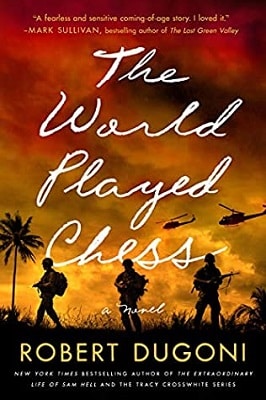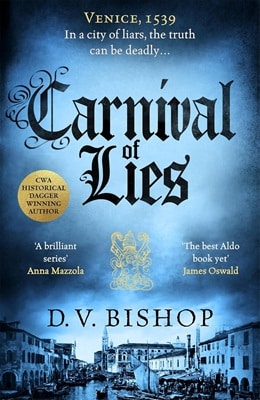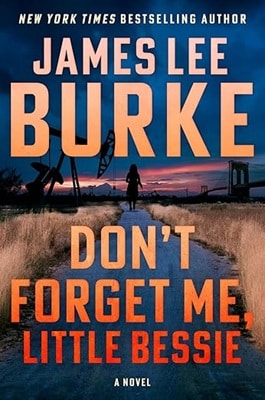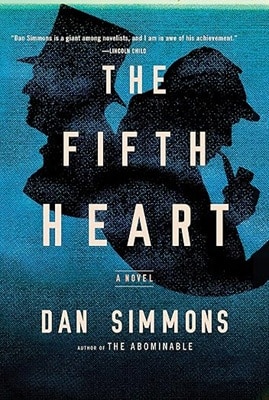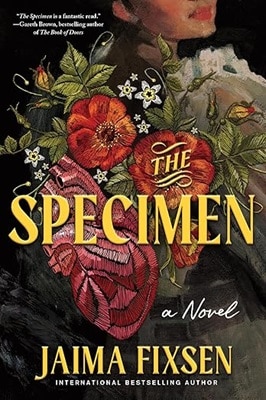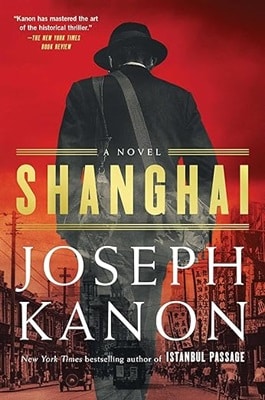Book Review
The World Played Chess
While I have long had an affinity for Robert Dugoni’s series work, he is extremely talented, enough to pen some stunning standalone novels as well. This is another of those, taking the reader through three time periods as the characters explore themselves, the world around them, and struggles of young men in various situations.
Dugoni’s theme of struggle is further strengthened by his depiction of one soldier’s view of the Vietnam War, sure to impact many readers who take the time to connect with that particular narrative. A wonderful piece that shows how versatile Dugoni can be in his writing.
Vincent Bianco has high hopes for the summer of 1979. Having just graduated high school, Bianco is hoping to make some pocket money before heading off to college. When he’s given the chance to work with a construction crew, he soon learns just how hard the work can be. He connects with two of the men, William and Todd, just enough to realize that they have quite the history themselves. Both served in the Vietnam War, with stories of their own. Throughout the summer, Bianco finds himself trying to emerge from teen to young man, while also seeing how different his struggles are from those of his coworkers, whose time in Asia eleven years before left an indelible mark, as well as remnants of PTSD.
In a parallel narrative, modern-day Vincent Bianco watches his own son, Beau, come to terms with life after high school and the choices he will make to shape his own future. The elder Bianco tries to steer his son in the right direction, but realizes, thinking back to 1979, how important self-discovery can be. Beau suffers his own issues and must make sense of them as best as possible, while striving to better himself, both scholastically and as a young man.
A third perspective emerges in journal entries from William’s personal documentation in 1968 in the jungles of Vietnam. The young man questions himself, the choices of his fellow Marines, and the war as a whole. Seeing horrors unlike anything he could have imagined, he wonders how much is actually making it back home, where people read newspapers and see television news reports of the fighting. Death is everywhere, something no eighteen-year-old could have fathomed a few years before. All while the world seems somewhat ignorant to the real story.
Robert Dugoni is a master at the written word and is able to pull the reader into the middle of each story with ease. His standalone novels always resonate a little more with me, as the themes emerge independently from the series he has crafted over the years, getting to the core of the reader and forcing them to reflect on what they’ve read. While stories of espionage and police procedurals are great, it’s nice to take a deeper plunge at times as the reader must come to terms with their own feelings, rather than read on autopilot.
The three young men featured in the piece could not be more different from one another, yet rate also so very similar. Just out of high school, each has a plan that is stymied by life events outside of their control. William, Vincent, and Beau all must have epiphanies to see what life means and how they want to leave their mark, wondering at times if they matter at all. The attentive reader will see these three struggles as well as a commonality between them, sure to bind the story together by the closing pages.
I have never had an issue with narrative momentum when it comes to Dugoni’s writing and this was no exception. The story takes hold of the reader from the opening pages and carries them along throughout. There are moments of humor alongside deeply pensive times, forcing moments of contemplation, all while keeping the story clipping along. Each chapter contrasts a longer narrative, set either in 1979 or 2016, with a journal entry from 1968. This permits the reader to contrast and compare effectively as they get to know the three protagonists. While some will bemoan the overly serious nature of the novel, many readers who can take a step back and enjoy something a little ‘meatier’ will likely want to delve deeper and see another side of Robert Dugoni. I loved it, as I needed something to pull me out of my drone reading, forcing me to take notice and ponder my own choices, as well as those of my young son.
Kudos, Mr. Dugoni, for taking the time to write this. Your efforts do not go unnoticed and I am eager to see what else you have in store for your fans in the coming months.
More Historical Thrillers
Advertisement

